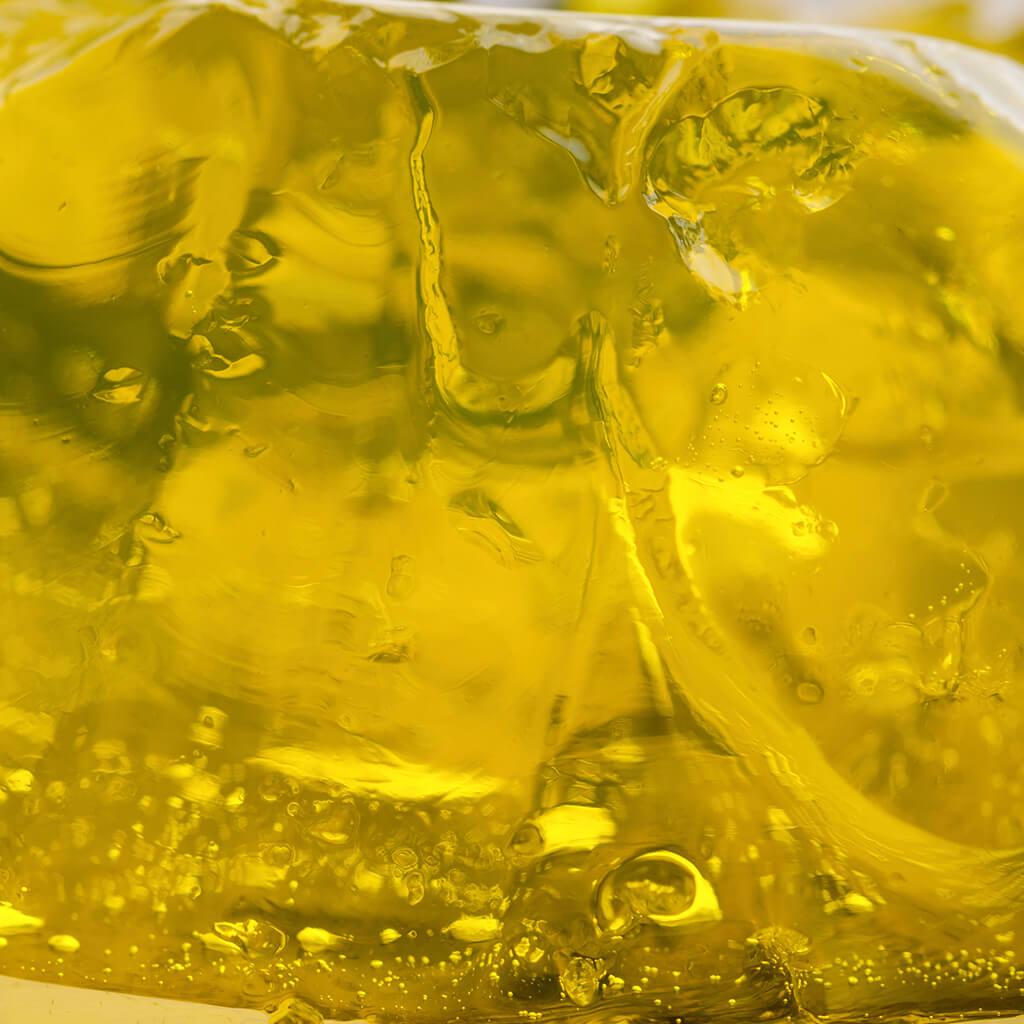Brillouin Microscopy in soft matter science
Brillouin Microscopy is a perfect method to study mechanical properties of soft samples such as hydrogels, biomaterials like matrix proteins, glue, viscous liquids like honey or sealings. Dynamic processes like shrinking, drying, hardening etc. can be studied over a long period of time. Due to its non-contact nature BM can observe these processes in a passive way without touching the sample. The user gets quantitative info about changes in viscosity or stiffness in 3D.
Brillouin microscopy of bioprinted hydrogels
Brillouin Microscopy significantly enhances the quality control of 3D bioprinted hydrogel constructs used in tissue engineering by providing non-destructive, real-time mechanical characterization and high-resolution 3D imaging. In this use case, Brillouin Microscopy allows for continuous monitoring during and post-fabrication, ensuring that bioprinted structures meet desired mechanical specifications. It can precisely detect variations in stiffness and viscoelasticity, even between hydrogels with slight differences in polymer composition, thus facilitating immediate adjustments in the bioprinting process. This capability is critical for producing reliable, high-quality constructs for applications in regenerative medicine, enabling better design, functionality, and durability of engineered tissues.


